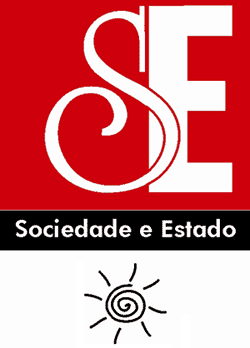Abstract
This article seeks to clarify the interests of both political and religious agents that have made possible for the Evangelical Te Deum to be part of the religious and political culture in Chile. Through a social-historical examination, it is explained how the evangelical Te Deum in Chile became the symbol of the exit of non-Catholic Christians to political participation and were a channel of legitimation and elevation of status of a religious minority. From a methodological point of view, the approach was based on the new role of evangelical people at the public and national levels, analyzed from two theoretical perspectives: the deprivatization of religions in the modern world by José Casanova and the religious field theory of Pierre Bourdieu. The first part refers to the historical-social evolution of evangelical people in Chile as an “invisible” minority; the second demonstrates the rapprochement between evangelical people and the Pinochet government through the Te Deum; in the third, the relationship between the organizers of the Te Deum and how this was legitimized by democratic governments are examined. To access the version of different actors between 1973-1991 we went to primary sources such as publications in the written, visual, specialized magazines, documents and books.
Keywords:
Te Deum; Evangelical; Chile; Pastors; Religion; Politics
